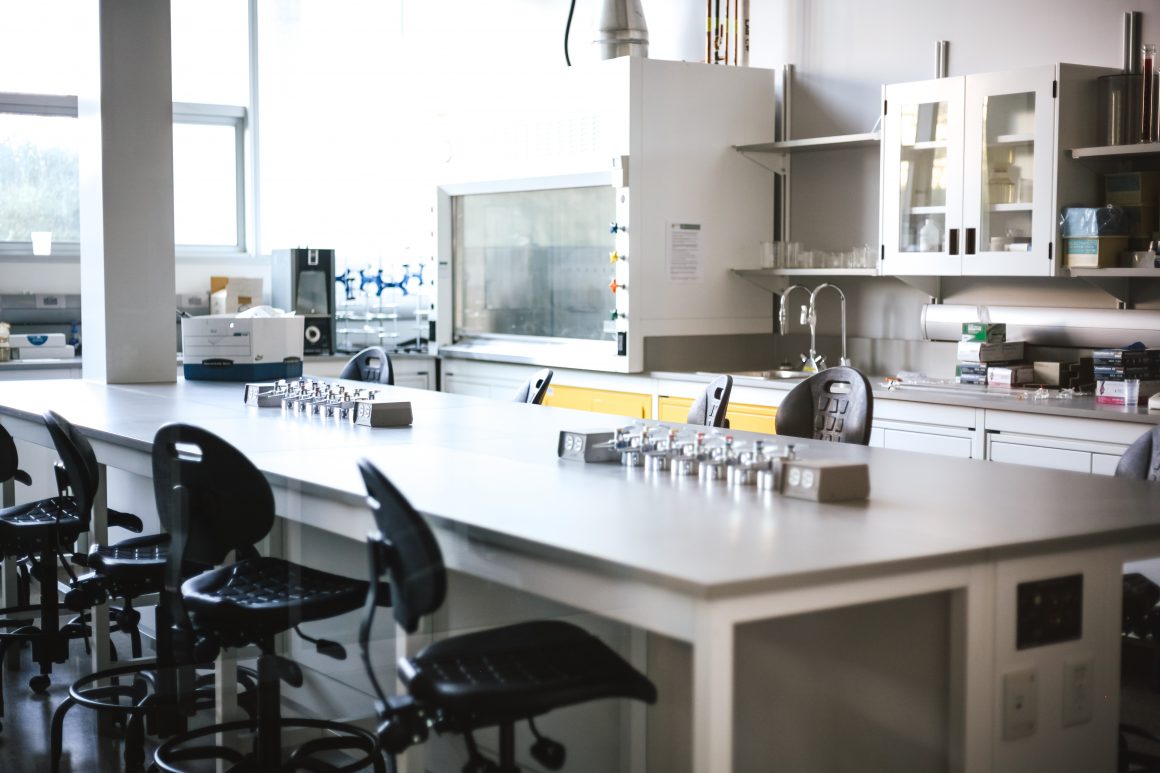
University of Calgary to lead the pan-Canadian microbiome research core
By Ava Zardynezhad, April 25 2019 —
Earlier this year, the University of Calgary was chosen by the Canadian Institute of Health Research (CIHR) to lead the pan-Canadian research core in microbiome research.
The human microbiome includes bacteria, viruses and other microorganisms living within the body. It is increasingly being considered a vital organ of the human body.
The proposed research core, called the Integrated Microbiome Platforms for Advancing Causation Testing and Translation (IMPACTT), brings together 14 principal researchers from various disciplines to help accelerate research related to the human microbiome.
Many national and international organizations, such as the British-based Sanger Institute, will support the core in achieving their aims. Seven of the 14 principal researchers are from the U of C, while the rest are from universities across Canada
The U of C is already home to a germ-free microbiome centre, the International Microbiome Center (IMC), the first of its kind in Calgary. This facility is home to mice that have never been exposed to pathogens, which allows for the study of the dynamic interplay between microbiota and the host under controlled conditions.
The IMC helps research in metabolomics, genomics and bioinformatics in addition to housing the germ-free labs. IMC scientific director, Kathy McCoy, says the facility “is a one-stop-shop for performing microbiome research.
“We provide expertise to researchers, we provide the infrastructure, and we provide the facilities to analyze their data,” said McCoy, who is also a member of the Snyder Institute for Chronic Disease at the U of C.
According to McCoy, the call for a pan-Canadian core began with a CIHR-directed workshop with successful microbiome research teams, who asked for a “research core” to work in. That way, not every researcher would have to invest in infrastructure and expertise in order to acquire and analyse data.
So, why is microbiome research significant?
“We have co-evolved with our microbiome,” McCoy explained. “We now realize that the microbiome probably impacts every single organ in our bodies, and what’s been happening over a very short period — probably since World War II — it looks like we are decreasing the biodiversity of our microbiome.”
According to McCoy, three in five Canadians older than 20 have been diagnosed with a chronic disease, many of which have unchangeable genetic components. She says that once we understand the mechanism and how the microbiome influences our immune system, we can rationally design therapeutics that target these diseases.
